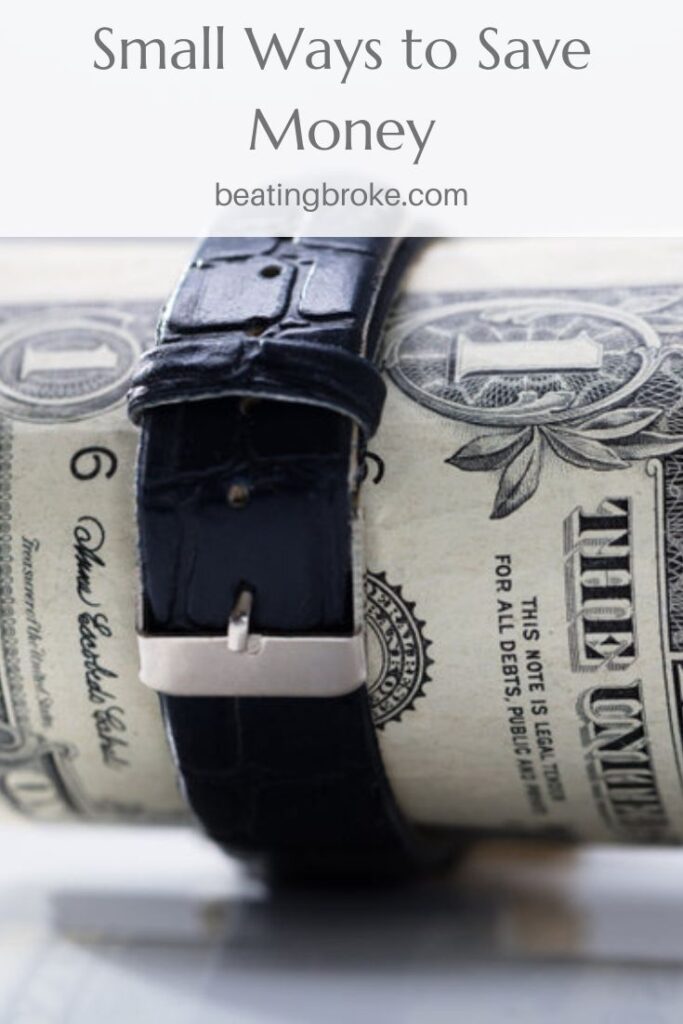In today’s gig economy, side hustles are not just a trend but a way of life for many. Among the myriad of options, drone photography stands out as a high-flying opportunity, thanks to the surge in demand for aerial footage in sectors like real estate, event coverage, and commercial advertising. If you’re captivated by the idea of soaring above the competition and capturing breathtaking views, here’s your guide to launching a successful drone photography side hustle.
1. Get Certified and Comply with Regulations
Before you take to the skies, it’s crucial to understand and comply with the legal requirements. In many countries, operating a drone for business or commercial purposes requires a certification or license. For instance, in the United States, the Federal Aviation Administration (FAA) mandates a Part 107 certification for commercial drone pilots. This process involves passing an aeronautical knowledge test at an FAA-approved testing center. Beyond certification, you’ll need to stay informed about no-fly zones, privacy laws, and insurance requirements to protect yourself and your business.
2. Invest in Quality Equipment
Your drone is your eye in the sky, and the quality of your footage hinges on the capabilities of your equipment. While starting with an entry-level drone might be tempting, investing in a high-quality drone with a top-notch camera, superior stability, and extended flight time can set you apart from hobbyists. Look for drones with 4K video capabilities, raw photo capture, and gimbal stabilization to ensure crisp, professional-grade imagery. Remember, the right equipment is not an expense; it’s an investment in your business’s potential.
3. Hone Your Skills
Drone photography is more than just flying a drone; it’s an art form that requires a keen eye for composition, lighting, and storytelling. Practice flying in various conditions and environments to master the controls and understand how wind, weather, and lighting can affect your shots. Experiment with different angles, heights, and techniques to develop a unique style. Online courses, tutorials, and community forums can be invaluable resources for learning and improvement.
4. Build an Impressive Portfolio
Your portfolio is your visual resume and your most powerful marketing tool. Start by offering free or discounted services to friends, family, or local businesses to build a diverse portfolio that showcases your range and skill. Include a variety of subjects, such as landscapes, real estate, events, and creative projects, to demonstrate your versatility and creativity. A well-curated portfolio can not only attract clients but also serve as a testament to your passion and dedication to your craft.
5. Market Your Services
In the digital age, an online presence is non-negotiable. Create a professional website and active social media profiles dedicated to your drone photography business. Utilize platforms like Instagram, where visual content reigns supreme, to share your best work and engage with potential clients. Networking with related businesses, such as real estate agencies, event planners, and advertising firms, can provide valuable leads. Don’t underestimate the power of word-of-mouth; satisfied clients are your best ambassadors.
6. Set Competitive Pricing
Pricing your services can be a delicate balance. Research the market to understand the going rates, but consider your skill level, the quality of your equipment, and the uniqueness of your services. Offering packages or bundled services can provide value to your clients and increase your earnings. Be transparent about your pricing and what each package includes, ensuring clients understand the value you provide.
7. Deliver Exceptional Service
In a service-based business, your reputation is everything. Go above and beyond to meet your clients’ needs, delivering high-quality work on time and within budget. Be professional, responsive, and open to feedback. Building strong relationships with your customers and clients can lead to repeat business and referrals, which are the lifeblood of a successful side hustle.
Launching a Successful Drone Photography Side Hustle
Launching a drone photography side hustle combines the thrill of flying with the creative satisfaction of photography, offering a unique path to financial independence. By following these seven steps, you can elevate your passion for drone photography into a lucrative business venture. With dedication, skill, and a bit of entrepreneurial spirit, the sky’s the limit for your earnings and success.












